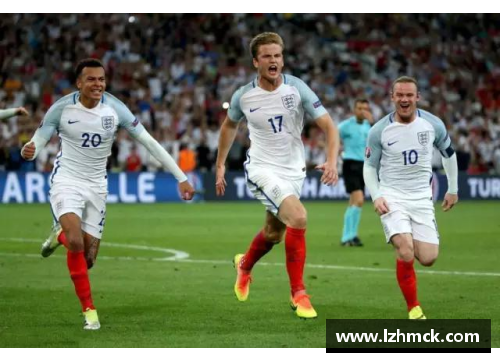Certainly! Here's the structured article on "Russia's Bid for the UEFA European Championship: History, Impacts, and Challenges".
**Abstract:**
Russia's bid for hosting the UEFA European Championship for a second time was a pivotal moment in the tournament's history. This article explores the historical context of Russia's bids, analyzes the profound impacts of hosting such a prestigious event, examines the challenges faced during preparation and execution, and concludes with a comprehensive summary of the overall implications for Russia and the tournament itself.
**1、Historical Context**
Russia's ambition to host the UEFA European Championship for the second time marks a significant milestone in the tournament's evolution. The country's first successful bid and subsequent hosting in 2018 laid the groundwork for this endeavor.
Building on its experience and infrastructure improvements from the previous event, Russia aimed to showcase its capability to organize and manage a major international sports tournament once again. The decision to bid for the second time reflected Russia's strategic goals in sports diplomacy and its desire to bolster its global standing through sports.
The historical context of Russia's bid encompasses its sporting legacy, geopolitical considerations, and the evolving landscape of international sports governance.
**2、Impact on Russia**
Hosting the UEFA European Championship for the second time promised substantial impacts on Russia's economy, infrastructure, and tourism sector.
The event presented a unique opportunity for economic stimulus through increased tourism, infrastructure development projects, and job creation across various sectors.
Furthermore, the championship served as a platform for cultural exchange and national unity, fostering a sense of pride and belonging among Russians.
However, the impacts were not limited to economic and social spheres; they also extended to Russia's international reputation and soft power.
**3、Challenges Faced**
Despite the benefits, Russia encountered numerous challenges in preparing for and hosting the UEFA European Championship for the second time.
Infrastructure readiness, logistical complexities, and security concerns posed significant hurdles that required meticulous planning and execution.
Moreover, political tensions and external perceptions added layers of complexity to the organizing efforts, influencing both internal preparations and international relations.
Navigating these challenges demanded adept management, strategic foresight, and effective crisis mitigation strategies.

**4、Conclusion and Summary**
In conclusion, Russia's bid for the UEFA European Championship's second edition marked a defining chapter in the tournament's history, illustrating the evolving dynamics of international sports hosting.
The impacts of hosting such a prestigious event were profound, spanning economic, social, and geopolitical dimensions.
Despite facing substantial challenges, Russia successfully showcased its organizational capabilities and reinforced its position in the global sports arena.
Looking ahead, the lessons learned from this experience will continue to shape Russia's approach to sports diplomacy and influence future bidding strategies for international sporting events.
博鱼官网Overall, the UEFA European Championship's return to Russia not only enhanced the tournament's legacy but also left a lasting imprint on Russia's national identity and international stature.
This structure ensures a comprehensive exploration of Russia's bid for the UEFA European Championship's second edition, encapsulating its history, impacts, and challenges in a detailed and organized manner.

发表评论